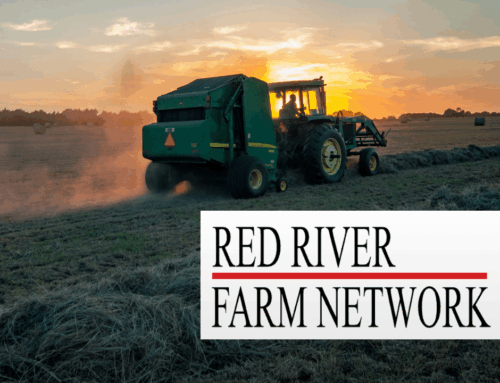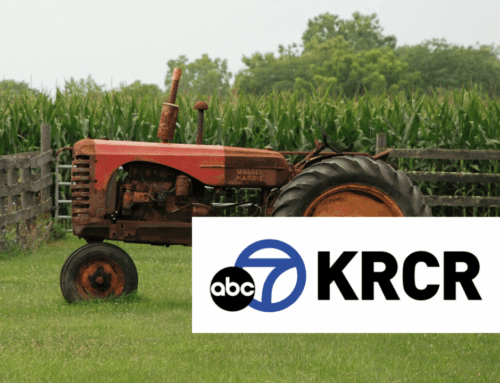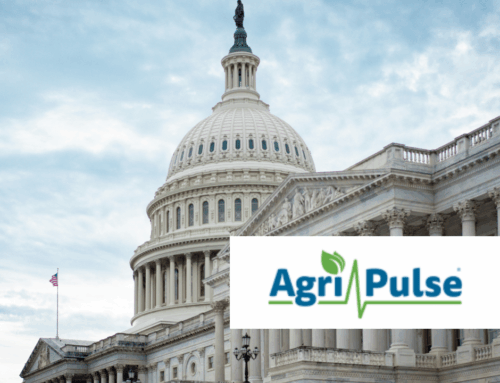Despite some improvements over the House Farm Bill, the distribution of farm-aid dollars is still fundamentally flawed. Taxpayers continue to underwrite corporate agriculture at the expense of small farmers. With passage of this bill, incentives to overproduce still plague farm policy and will haunt family farmers for years to come. Huge farms aided by these subsidies will continue to produce more products than the economy can absorb.
Farm spending is at a crossroads. There is a massive rush to hop on the spending train before it leaves the Capitol Hill station. Farm lobbyists were concerned that the money promised late last year would evaporate if farm legislation is delayed due to the rapidly changing federal budget picture.
Farm bill passage has high political stakes. These new farm handouts are early election year perks to many farm state Senators in tough election races.
S. 1731 combines the worst policies of the 1996 bill and the most foolish ideas from previous years into one bill. While capping subsidies for bigger farmers is a good start, the bill expands new subsidies to new crops as well as a $3.5 billion program for peanuts producers.
It is almost a certainty that farm spending will end up costing much more than $38 billion. If unforeseen events, such as a drought or a natural disaster, occur that require additional emergency spending, the price tag will increase dramatically.
With more than 8 months remaining until the expiration of the current legislation, Congress should take advantage of this time to re-evaluate the current farm policy.
Although both houses have passed farm legislation, it is still too early to tell if House and Senate negotiators will be able to negotiate a compromise between the different versions of the bill.
Contact: Keith Ashdown
(202) 546-8500 x110










